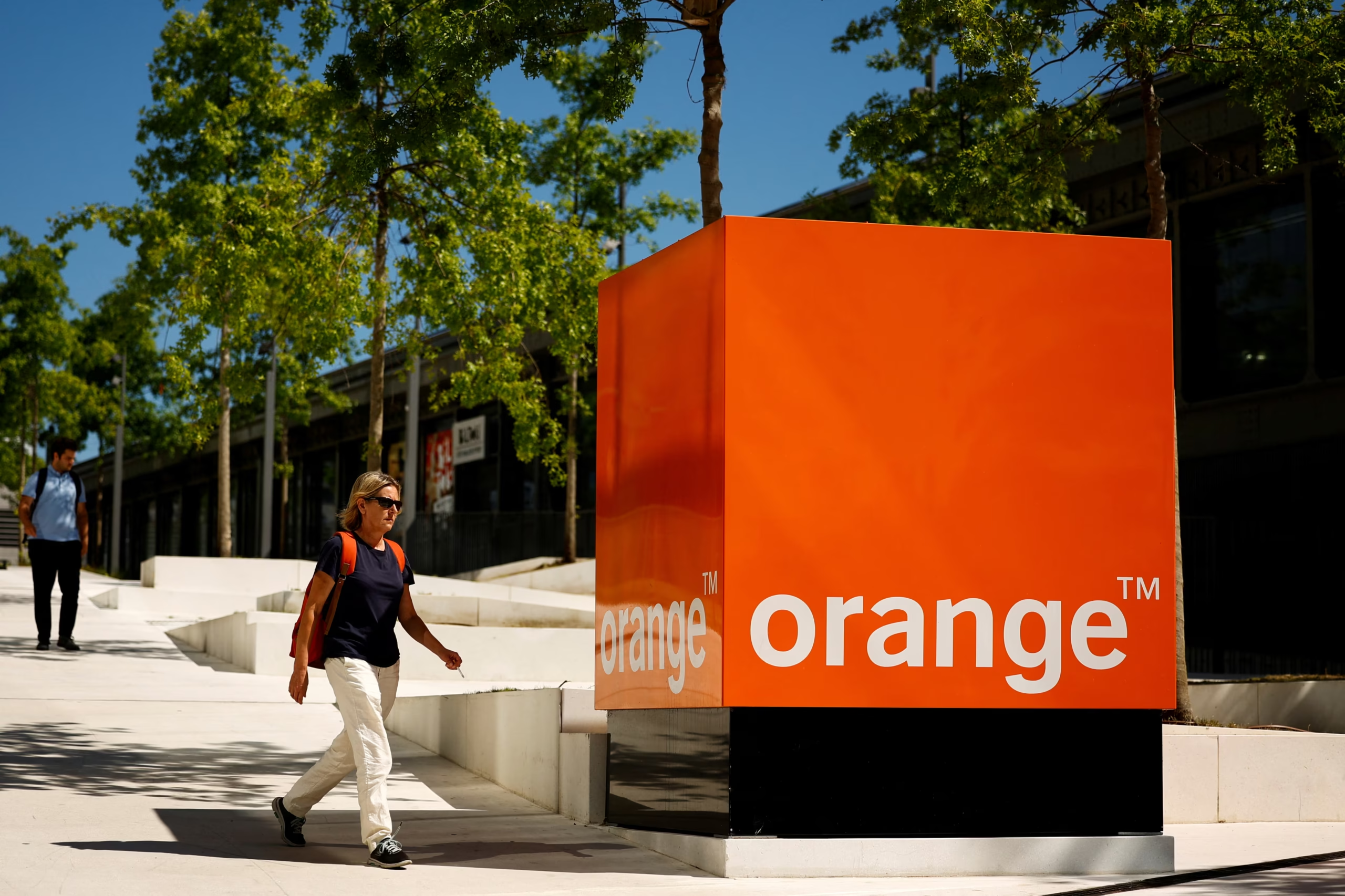French telecom giant Orange is developing open-source AI tools for African languages. The company is working with Meta and OpenAI to fine-tune language models that support underrepresented African languages. It plans to launch models for Wolof and Pulaar first, starting in 2025.
The models will be based on Meta’s LLaMA and OpenAI’s Whisper, but tailored to fit local languages. Orange aims to make them freely available for non-commercial use. Its goal is to help governments, NGOs, and startups deliver education, health, and public services in native languages.
The project will start in West Africa and later expand across Orange’s 18-country footprint on the continent. Early pilots include a voice assistant that helps Wolof speakers access vaccine information.
Why It Matters
Most AI tools today exclude Africa’s languages. Yet the continent is home to more than 2,000. This lack of coverage blocks millions from digital services and reinforces inequality.
By focusing on languages like Wolof and Pulaar, Orange is reducing this digital gap. The tools will help people access basic services in their own language and improve customer support across Africa.
The move also shows how big tech partnerships can serve local needs, especially when paired with open access and support for public use.
Final Thoughts
Orange will roll out the first language models in early 2025. After Wolof and Pulaar, it plans to support more languages such as Bambara, Swahili, and Lingala.
The models will be licensed for free non-commercial use. Local developers, public health groups, and educational bodies can build on them.
Orange is betting that language inclusion can unlock a new phase of digital growth in Africa, one where more people are seen, heard, and served in their mother tongue.















